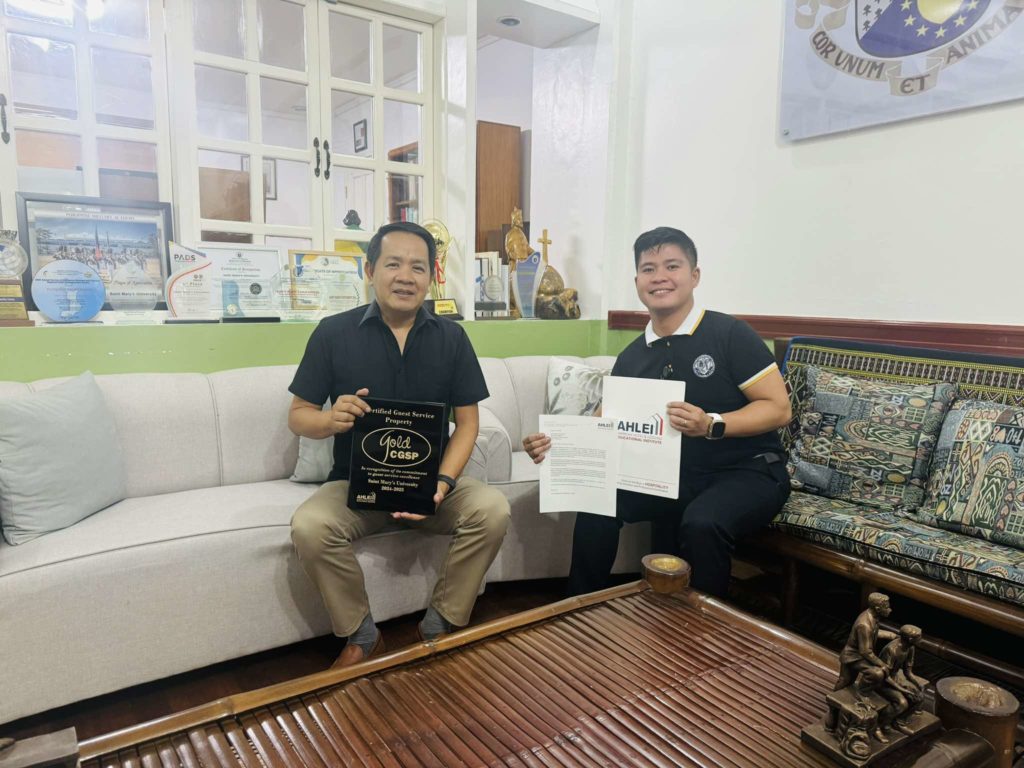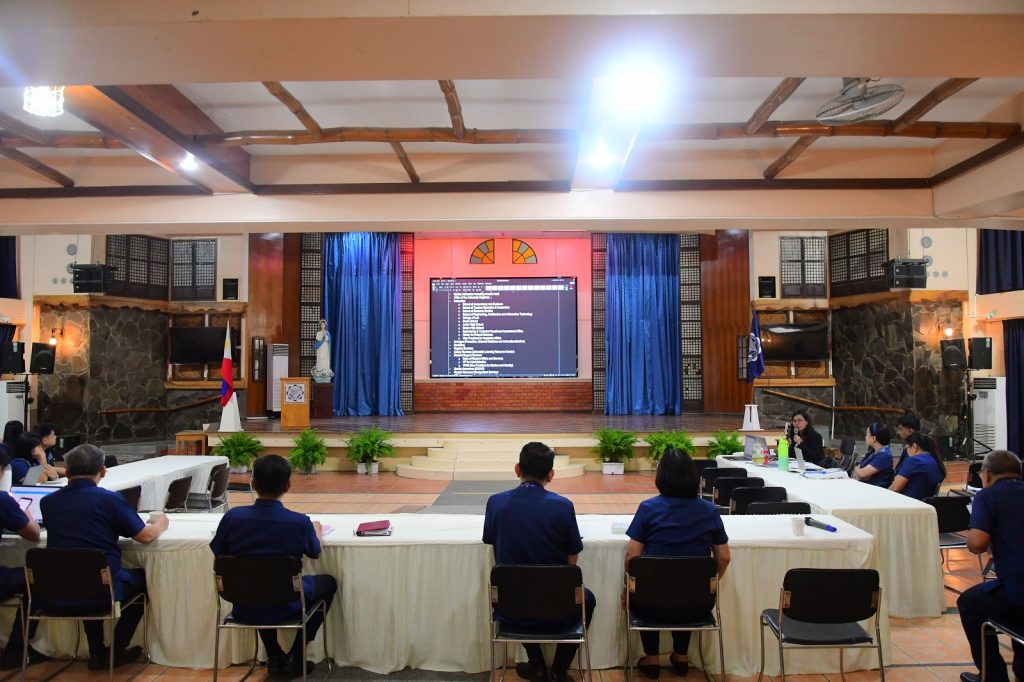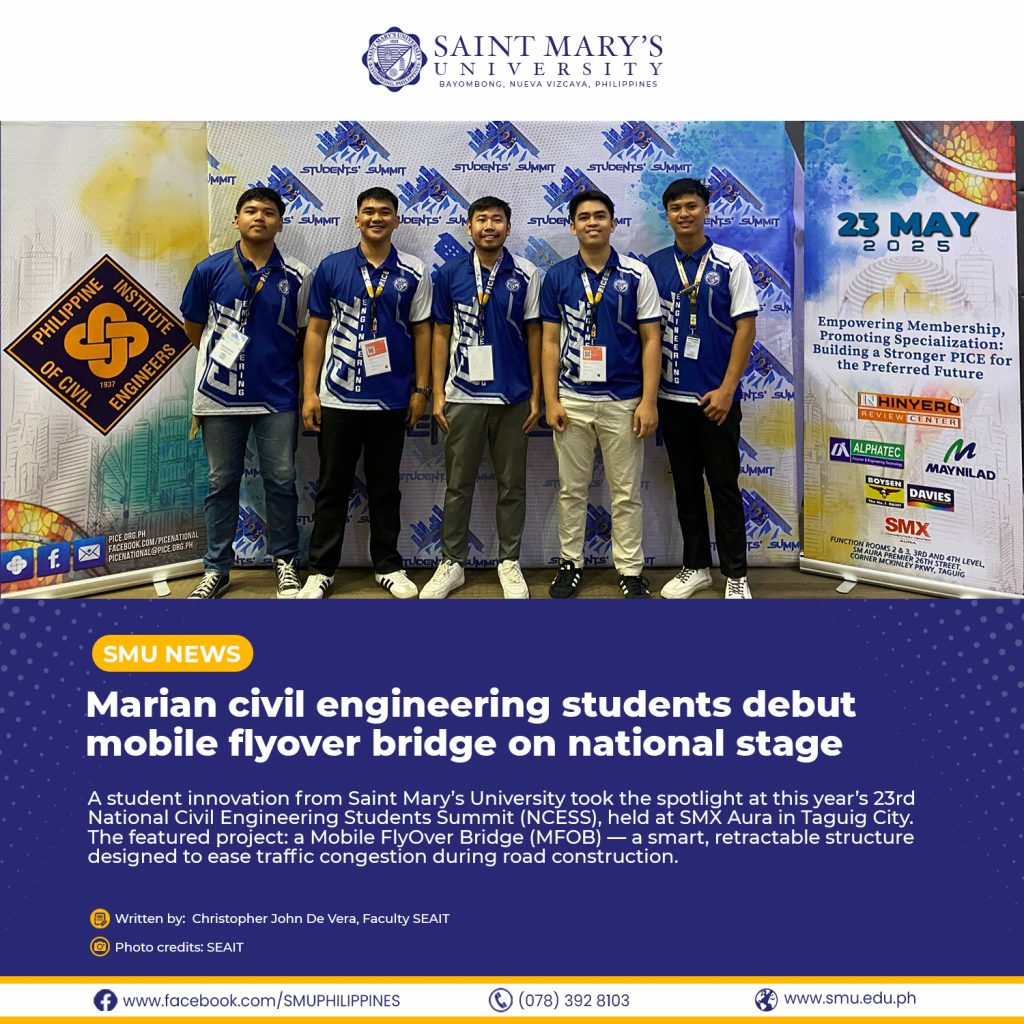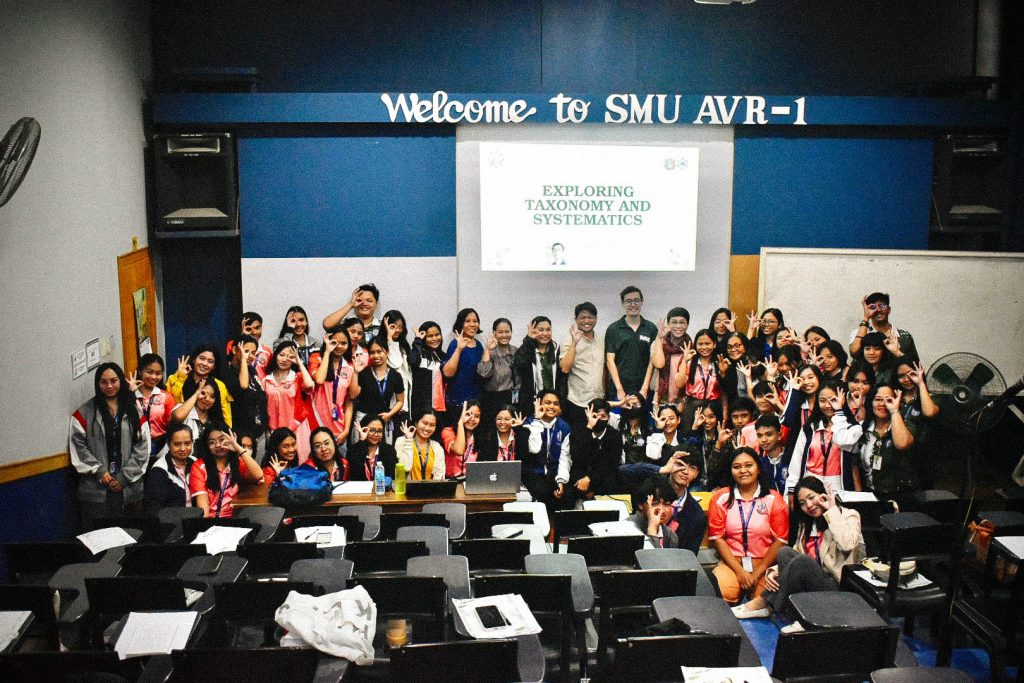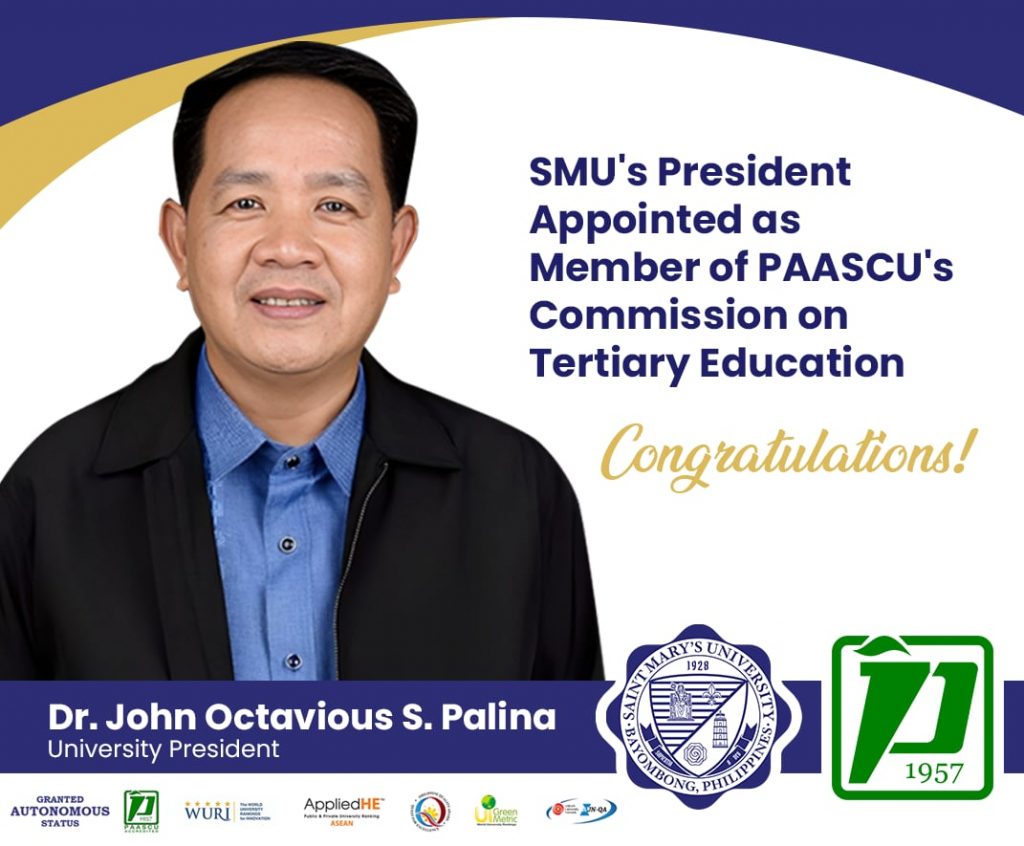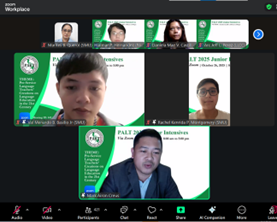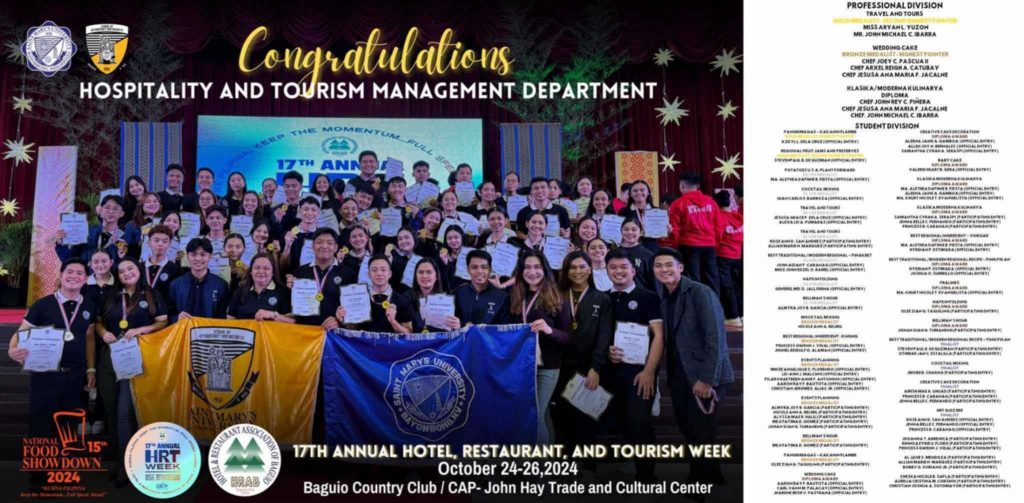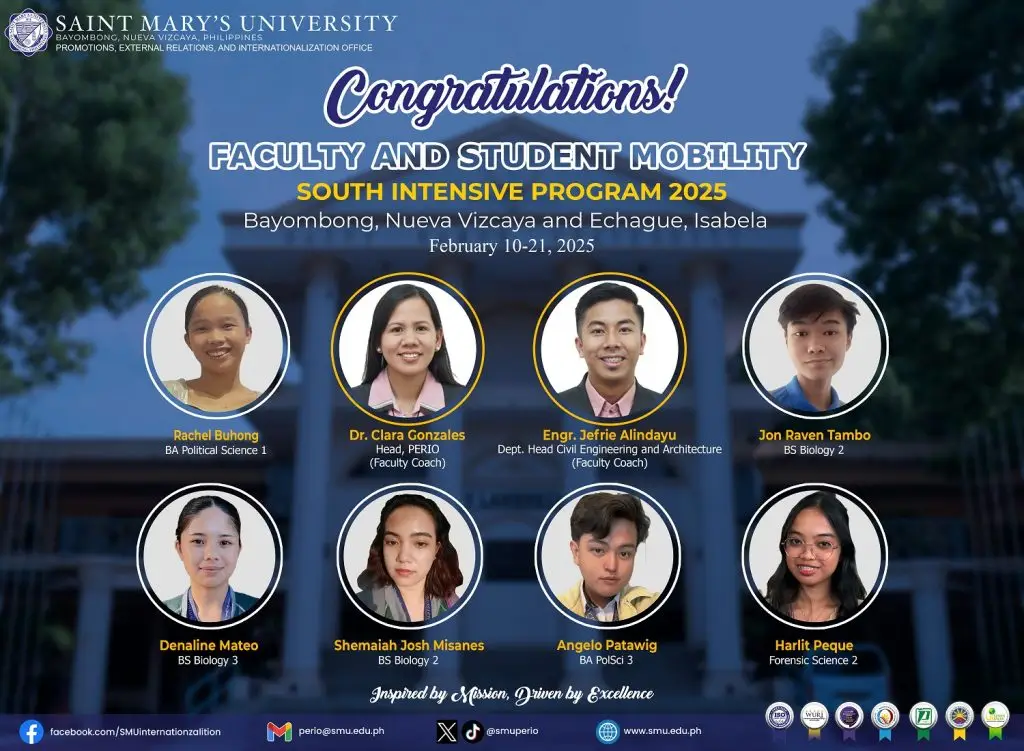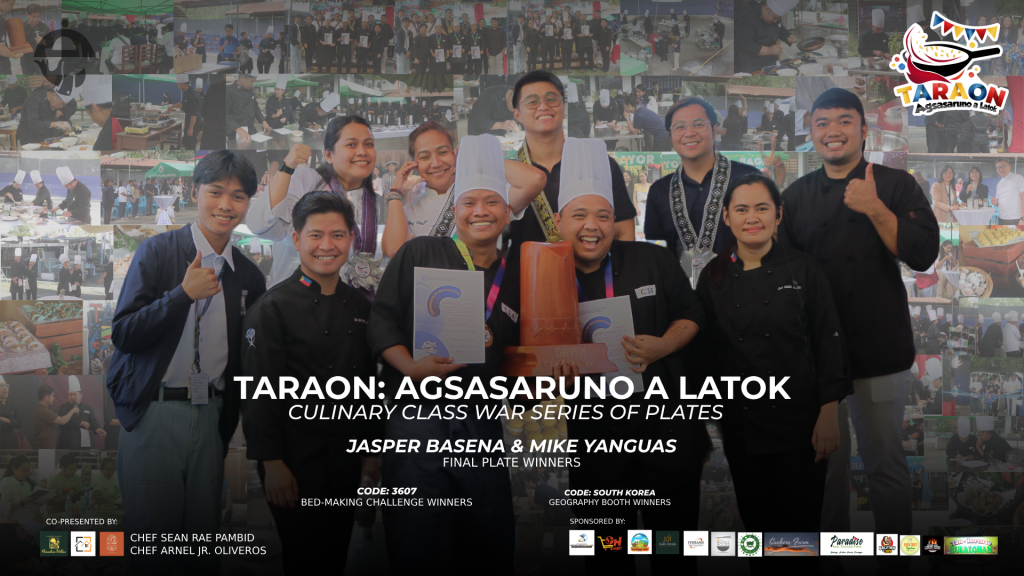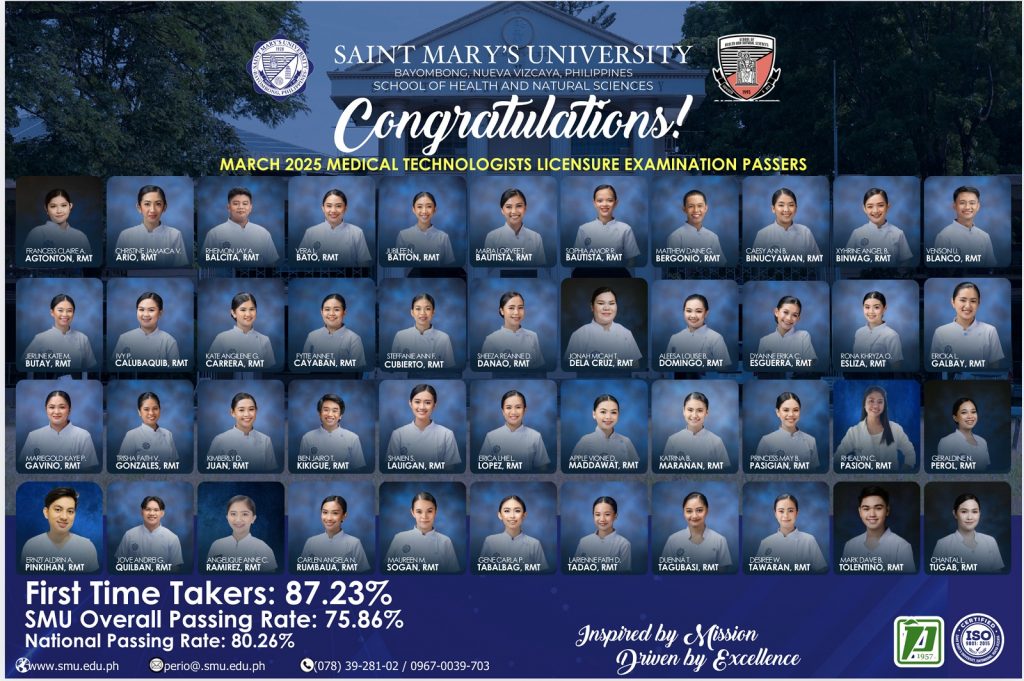Academicians gather at SMU int'l cultural conference
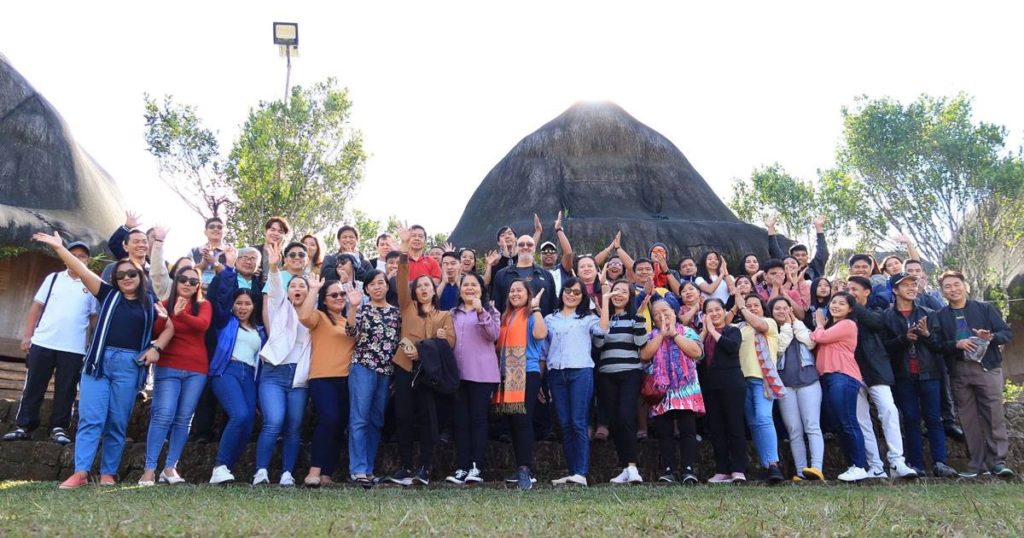
SAINT Mary’s University (SMU) in Bayombong, Nueva Vizcaya conducted the Third International Conference on Cultural Studies (TICCS) gathering at least 140 academicians and researchers from India, the United States of America and the Philippines via online and onsite.
Also attended by international speakers and presenters held from February 22 to 24, 2023, TICCS was anchored on the theme “Nature and Culture in a Changing World: Covid-19 Aftermath and Glocal Responses.”
In opening the program, SMU President Dr. John Octavious Palina noted the significance of the theme in capturing the impact of the pandemic on local and global communities.
He said the conference theme which centers on nature and culture highlights the aftermath of the Covid-19 pandemic and how individuals and institutions in the local and global settings responded to this crisis amid changing environments.
“Looking back, we can say that the pandemic was just like a perfect storm, creating challenging and extraordinary circumstances. But while the pandemic was seen as a crisis, many organizations saw it as an opportunity,” Palina said.
He mentioned one of the opportunities which is the refinement of several technological platforms that made conferences in different time zones possible and that “[t]his onsite and virtual international conference indicates the increasing openness toward digital technologies and the interconnectedness of our world.”
Gracing the conference were four international speakers from India, Belgium, Australia and the Philippines.
From India, Dr. Amishi Deepak Arora, principal of the Central Institute of Business Management Research and Development (CIBMRD), discussed “Evolving Culture and Leadership in the Post-Pandemic,” while Dr. Keith Miller, professor emeritus of Flinders University in Australia, discussed “Continuity and Change in the Post-Covid-19 Era.”
From the Philippines, Dr. Analyn Salvador-Amores, former director of Museo Kordilyera and a University of the Philippines Baguio faculty, discussed “Nature and Culture During the Covid-19 Pandemic,” and from Belgium, Dr. Bram Pynoo, educational developer of Vives University of Applied Sciences, discussed “Community Service Learning in the Post-Pandemic.”
Arora, Miller and Amores attended the conference, while Pynoo joined online.
Palina said the event was made possible through various SMU local and international linkages tapped to co-organize the TICCS. These are the India-based CIBMRD, National Indigenous Coalition on Indigenous Peoples (IP) Higher Education, Pamulaan Center for IP’s Education, and Bulacan State University.
The conference is a biennial activity at SMU. The first conference was in 2016 while the second was in 2018. The third was supposed to be in 2020 but was postponed due to the pandemic.
Passionate about cultural studies, one of the mandates of SMU’s extension office is the Lingkod Maria Community Development and Advocacy Center (LMCDAC) with an Indigenous Peoples Desk overseeing indigenous people’s development.
According to Dr. Christopher Allen Marquez, TICCS convener, one of the priority advocacies of SMU is the Indigenous People’s Development which is the very reason the university committed itself to organize the conference on cultural studies.
Also the director of LMCDAC, Marquez added that cultural studies are one of the mandates of his office.
“One way to contribute to the advancement of cultural studies and indigenous knowledge systems and traditions is the conduct of international studies. Hence, the international conference on cultural studies,” he said, adding that SMU will work on publishing a research journal containing the research works presented during the conference.
The conference plenary and parallel sessions were held at SMU on the first and second days, while the second and third days featured cultural site visits to Awichon Cultural Village where the participants had a firsthand experience of “palanus,” a traditional way of welcoming guests and visitors, and at Naneng Heritage Village, both villages in Lubuagan town in Kalinga province.
The Provincial Tourism Office of Kalinga said Awichon Cultural Village, the site of a traditional-style indigenous theme park, was established by one of the National Commission for Culture and the Arts (NCCA) National Living Treasure Alonzo Saclag Sr. The village was declared by NCCA in May 2008 as the Kalinga Center for Culture and the Arts.
The Awichon Cultural Village lies on a plateau at Barangays Dangoy and Lower Uma, some seven kilometers from the town proper and is situated between Pasil and Lubuagan which used to be a landing site for American Forces during World War 2.
Offering overnight stays in traditional houses, activities in the area include seasonal indigenous fruit picking, forest bathing, sea of clouds watching, trekking, wearing the traditional Kalinga attire, cultural immersion, picnic, camping, photo shoots, and bonfire while enjoying their free-flowing Kalinga brewed coffee.

